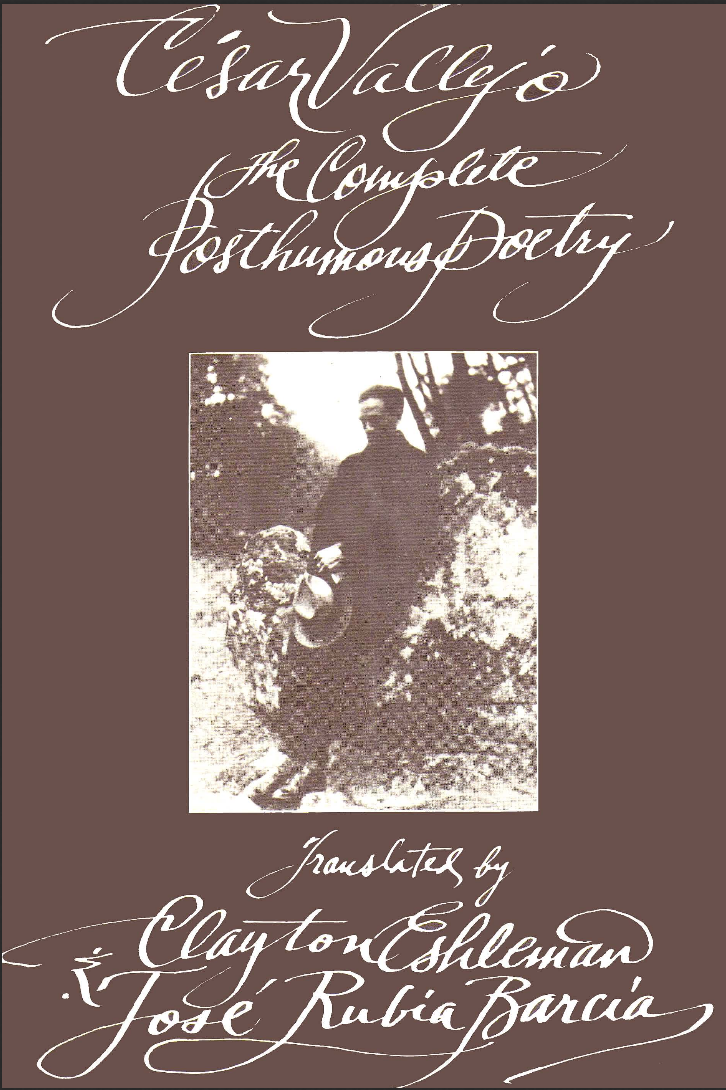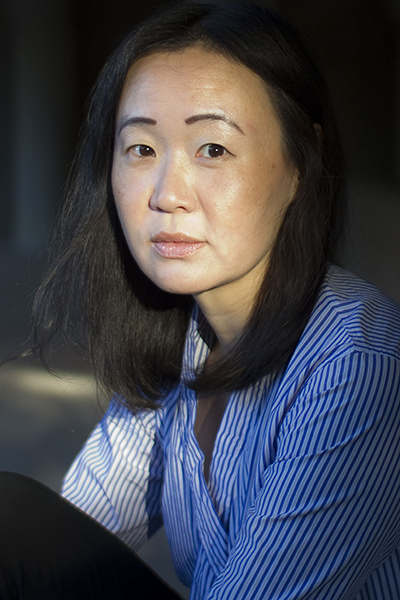This untitled poem by the Peruvian poet César Vallejo nakedly asks what art is for in the face of so much suffering. His lifelong political and social commitment to the poor and working class is ever apparent in his poetry and critical works. But this poem has always struck me for the loud note of practical sadness in its self-criticism and self-questioning; it’s both dire and implacable about the subject of helplessness before the pain of others. The interrogating couplets establish a taut connection between exterior and interior injury and trouble. The form also achieves bluntness and a kind of emotional raggedness for all its strictness of patterning. What’s high and low in life or art is confused in the self-lacerating questions: “Someone cleans a rifle in his kitchen / How dare one speak about the beyond?”
I don’t read this poem and think of the practical relevance or irrelevance of poetry, but I do get the sense of being both cursed and culpable from the way Vallejo renders conscious (and consciousness of) suffering. It may seem strange to say that the poem feels like a chance to notice when it expresses so much restless melancholy, but the speaker’s honesty with his doubts keeps his sense of compassion from hardening into self-congratulation. That is, the poem never seems to settle the matter of poetry’s reach in public life; what animates the lyric is the energy of the discrepancy between the outer world of public realities and the inner world of thought and feeling.




